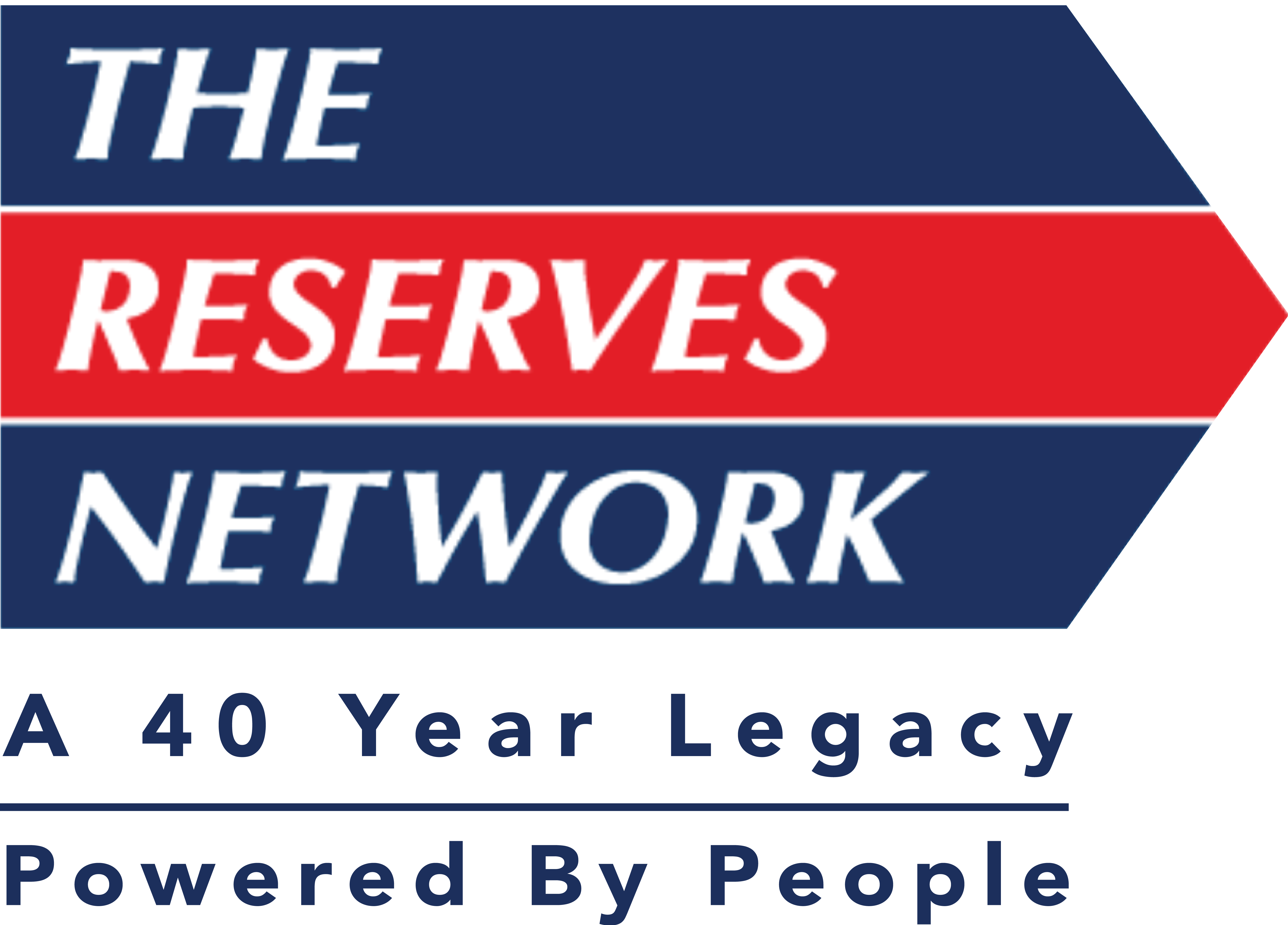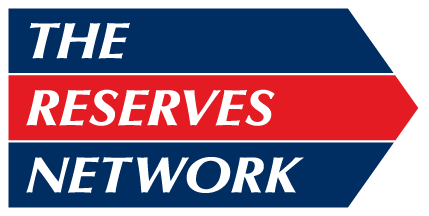Post-Recession Hiring Challenges (TRN Commentary)

The most recent recession has been more destructive to businesses and families than any recession in recent times, and we will all be feeling the repercussions of this economic downturn for years to come.
One of the dynamics that we are seeing in the employment industry during this recovery is that companies have been adding multiple pre-hire screening practices to ensure that their workforce has the most desirable characteristics. Certainly we have all seen that drug tests and criminal background checks are among these. However, in many states, where it is still permitted, companies have added an inspection of a prospective employee’s credit history.
A review of credit history makes great sense for positions that require a degree of trust with negotiables or valuables, as well as employees who have access to other sensitive equipment or information. An ounce of prevention is well worth a pound of cure.
Let’s examine the impact that this recession will have on this pre-hire practice. One could argue that many prospective employees, who may have been unemployed during this recession, are more likely to have blemishes on their credit history, and as a result will be screened out by prospective employers. It is very easy for a medical payment or a car payment to get relegated to “next month” when a family is trying to survive while unemployed. We have several customers that require a pre-placement credit check and we are forced to screen twice as many candidates today to find the same number of eligible candidates as we were in 2007.
Are these credit checks weeding out perfectly good candidates? It is entirely possible, but one must consider the opposite side of the argument to evaluate the dynamic. We all know that desperate times call for desperate measures and, when faced with the pressures of life, some people make some poor choices. It is up to every company to perform a risk assessment to determine what protecting valuables, be they negotiables, data, equipment or simply information is worth to them. If a pre-hire credit check is determined to be worth disqualifying some candidates based on their credit history, then just like any other pre-employment evaluation, companies need to be sure that EEO rules are not broken during implementation.
If a credit check is to be performed, it is strongly suggested that you have a written document in your hiring policies that clearly states your company’s position on what constitutes an acceptable credit history and what constitutes an unacceptable one. It is critical not to create the opportunity for an applicant to make an assertion that they were unfairly denied employment based on a credit threshold that was not fairly and equitably applied to all applicants.
It is critical that the policy be carefully written so that any possible credit issue that comes up falls within the policy. In real life these policies are not as comprehensive as they need to be, so when an unforeseen credit issue comes up, a ruling needs to be made and the policy adjusted. When this happens, it is important to document the adjustment in the policy, the date and reason for the adjustment, and then apply the policy consistently moving forward.
It is also possible that if economic woes persist, it will become increasingly difficult to consistently source candidates who adhere to the acceptable credit standards prescribed. The same process holds true here. If, as a company, you determine that your screening thresholds are preventing you from being effectively staffed, then the risk analysis need to be re-evaluated. If it is determined that a relaxing of your standards is required then the policy needs to be amended and the change and purpose for that change needs to be dated and documented.
These suggestions are in addition to the Federal Fair Credit Reporting Act, which require pre-check authorization and notification of rights as well as post check responsibilities if adverse action is required.
None-the-less there will be some interesting dynamics that we all will be seeing as we re-tool and rebuild our human capital on the other side of the recession.


